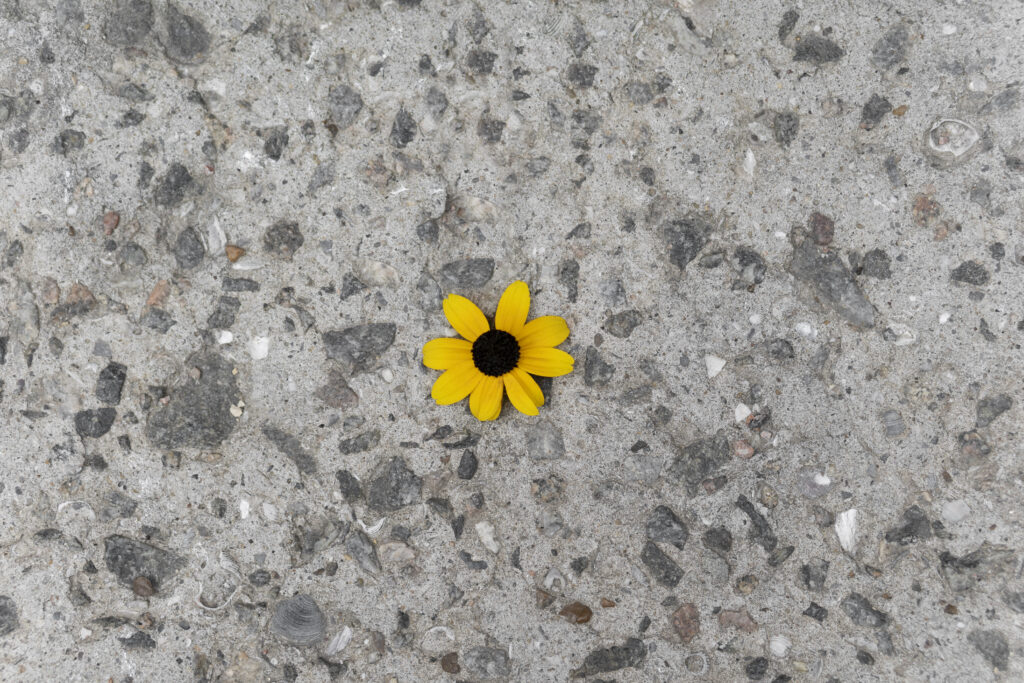You may be experiencing signs of burnout.
Burnout was first described and associated mostly with the workplace in the 1960’s. It has predominantly been associated with the work environment, where there are high-pressure situations, disorganisation or uncertain environments, and unrealistic expectations. However, burnout can extend beyond professional settings and be lifestyle-related, such as taking on too many responsibilities, inadequate sleep, and insufficient personal recharge time.
The concept of ‘work-life balance’ is constantly debated and contemplated. Especially as health professionals, because we are so often focused on helping and serving others and ‘getting the job done’ that we postpone our OWN self-care. When in crisis, we tend to look for a pillar to hold on to, something we are familiar with, and we are frequently supposed to be that pillar for others. In some disciplines, expressing exhaustion or slowing down is still considered a stigma.
Feeling burnt out can lead to a whole raft of issues in a physical, emotional and mental way and being able to identify these while immersed in the struggle can be challenging.
Burnout and stress are closely related, but they are also different. While stress, in moderation, can be positive, prolonged stress without adequate rest can escalate into burnout. It’s crucial to recognise the signs early on and prioritise self-care to navigate this fast-paced ever-evolving landscape.
Managing burnout
So, how do you manage it?
Over the last 25 years as a health professional, this is what I have discovered:
- Become aware of where you are. This means, being mindful of recognising early warning signs in order to identify your triggers that leave you emotionally drained.
- Rest and reflect. When we rest and reflect, we can recover in a controlled way, through sleeping, nourishment, movement and connection (family, friends, business networks).
- Stick to your ‘time-zone’. Staying within the present moment is critical. Stress often arises when we dwell on past events, replaying them with “what if” scenarios, or when we become preoccupied with the future. Instead, choose to breathe and ground yourself in the present.
- Break from unintentional routines and create your own on purpose.
- Finally, reward yourself, and celebrate your ability to look after yourself (for a change!)
Don’t forget, reaching out to a friend, colleague or even the College can make a difference! If you have any valuable tips and tricks on how you’ve dealt with balancing stress and burnout, email us at [email protected]!

Dr Dimitra Mersinia
Board Member, FRACDS(GDP)



